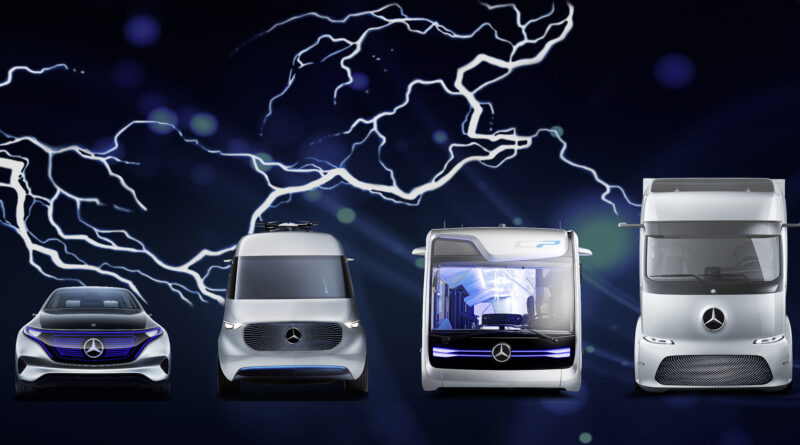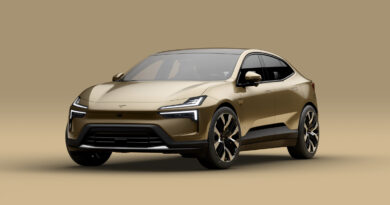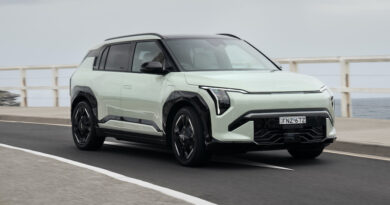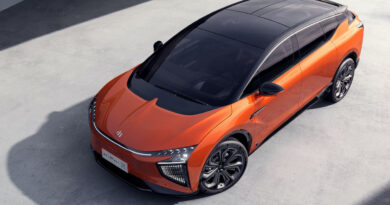Mercedes-Benz speeds solid-state battery tech targeting 50% EV range boost
Mercedes-Benz has become the latest car maker to invest in a US start-up developing solid-state lithium-ion batteries for EVs. Factorial says its breakthrough cell technology could increase driving range by up to 50 percent and cut charging times, for similar cost to existing lithium-ion batteries.
Other investors in the young Massachusetts-based company include Hyundai, which also owns Kia, as well as Stellantis, the massive multinational created by the merger of Fiat Chrysler Automobiles and owner of a diverse group of brands including Jeep, Ram, Alfa Romeo, Maserati and more, and PSA, owner of Peugeot, Citroen and Opel.
“We are investing a high double-digit million dollar amount in Factorial,” said senior Mercedes-Benz executive Markus Schäfer. “With Factorial as our new partner, we are taking research and development in the field of promising solid-state batteries to the next level.”
The aim is to be testing prototype cells from 2022 and to have solid-state battery packs in a low-volume production vehicle within the next five years. Mercedes-Benz already offers solid state batteries as an option on a bus it sells in Europe, but it’s a very low volume vehicle.
READ MORE: Toyota to debut solid state battery tech, but how much better will it be?
READ MORE: BMW promises solid state battery vehicle “well before 2025”
READ MORE: Solid state batteries key to electric Nissan Z and GT-R
READ MORE: First EV with solid state batteries hits the market (it’s big!)
Instead of the liquid electrolyte used in existing lithium-ion cells, solid-state cells use an electrolyte made of solid material. Electrolytes are the pathway for ions to travel between electrodes during charging and discharging, so they’re a really important part of a cell’s makeup.
As well as the longer driving range promised by their superior energy density, solid-state cells have other advantages. They’re inherently safer than liquid electrolyte cells, and are compatible with new negative electrode materials that can improve performance in other ways.
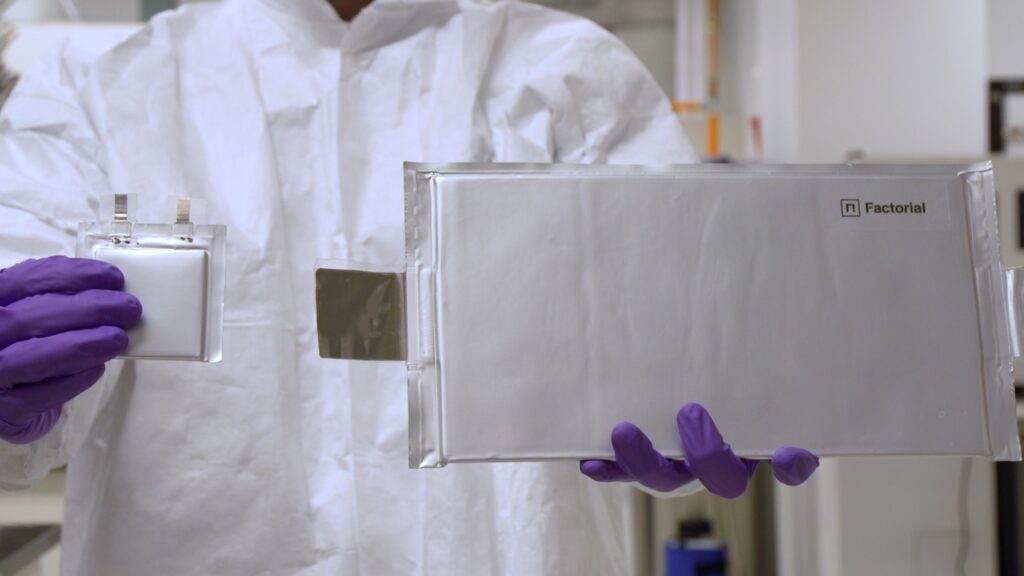
Factorial’s breakthrough solid electrolyte has shown promising results in tests. The company has produced prototype cells sized to suit automotive applications. They perform at normal temperatures and handle repeated charge and discharge cycles.
Another bonus, according to Factorial, is that their cell design is a drop-in replacement for existing liquid electrolyte lithium-ion cells.
Car makers, including Toyota, Volkswagen, GM, Ford and BMW, already have partnerships with other solid-state battery developers. This tech, and its promise of longer EV driving ranges, is quietly gathering speed. And it has the potential to have a big impact…

